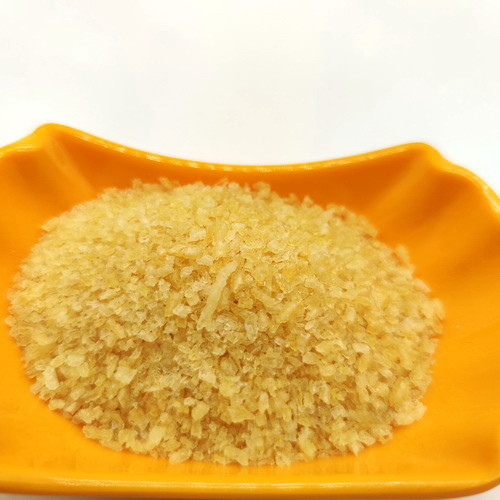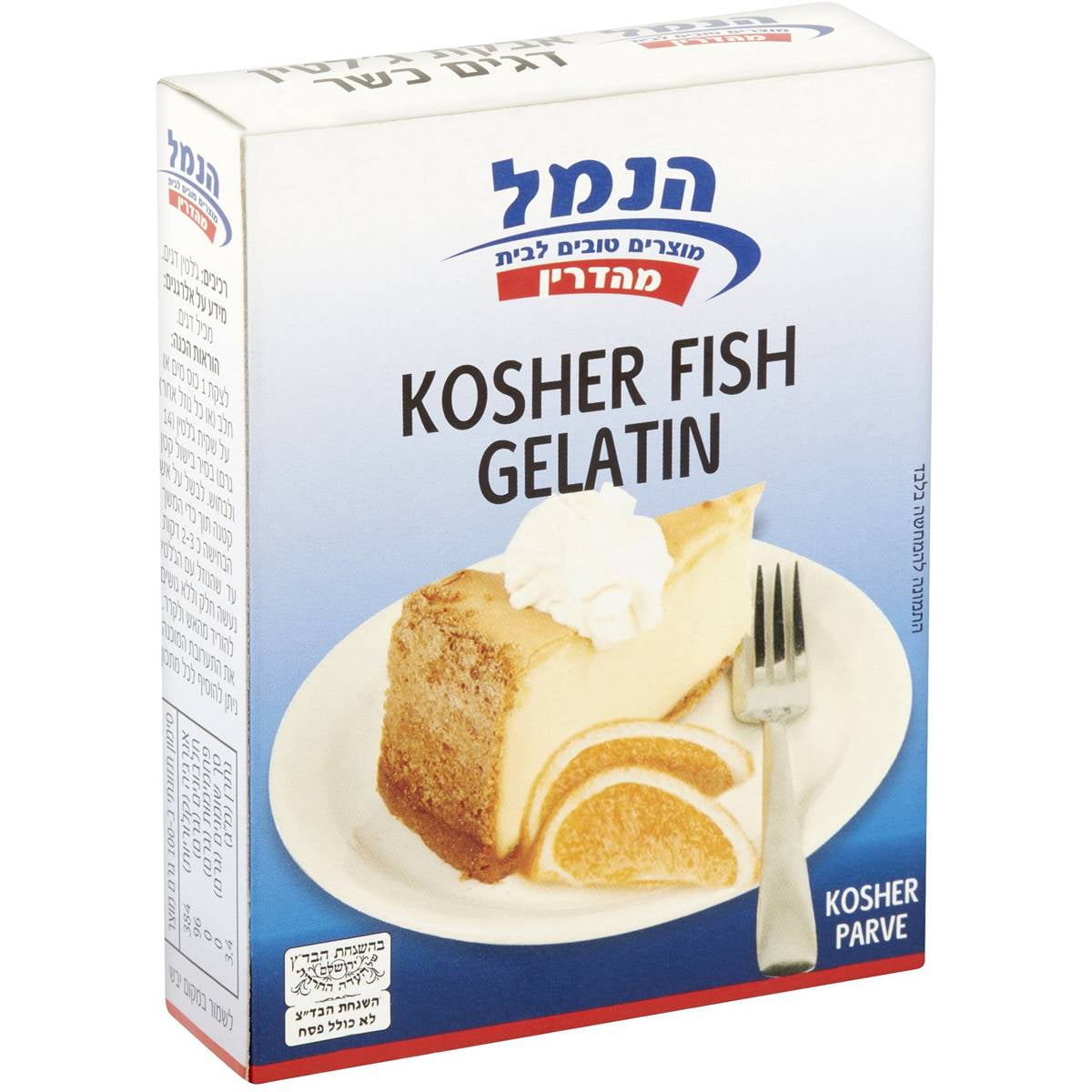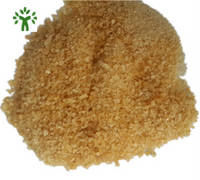

It is often difficult to classify processed food as strictly halal or haram because of the ingredients they contain. Any product prepared with alcohol or animal fats.Pork and port products (ham, sausage, bacon).Cheese, yogurt and ice cream made with animal rennet, vanilla extract, gelatine, pepsin, or lipase.Yogurt, cheese, and ice creame made with bacterial culture without animal rennet.Fruits and vegetables containing Haram ingredients (alcohol, animal fats, gelatine, bacon).All (frozen, canned, raw, boiled, butter, vegetable, oil).Cereal products containing haram ingredients (alcohol animal fats, vanilla extract).Cereal products not containing haram ingredients.Examples of foods Halal (allowed) and Haram (forbidden): Halal claims on the nutrition label or the packaging must include the name of the certification body.
Pork gelatin kosher free#
Foods that carry a halal symbol on their packaging have been approved by an agency and are certified to be free of any forbidden components or ingredients. Muslims are not allowed to consume foods or beverages that are Haram, or forbidden. Halal foods are lawful and permitted to be eaten by those observing Islamic teachings. Islamic dietary laws define which foods are halal. Animal products or by-products made from any non-certified animal.


These restrictions also apply to animal flesh, organs, milk and any by-products. Only animals that chew their cud, have cloven hooves and are free from disease are considered kosher. Kosher food is divided into three groups: meat, dairy and pareve (neither meat nor dairy). A kosher symbol on a food product means that the product has been certified kosher from an agency. The role of a kosher supervisor is to ensure the food is kosher and remains kosher after preparation or processing. The Kosher Dietįood is kosher when it meets dietary requirements outlined by Jewish law or kashrut, making it acceptable for people observing those laws to eat. To help understand these religious practices, each diet will be examined in greater depth.
Pork gelatin kosher how to#
Strict laws and regulations governing these two types of diets outline what foods a person can and cannot eat and how to prepare them. Halal consumers now spend $20 billion on food each year in the United States. Similarly, halal food is also experiencing strong growth. population continues to grow and diversify, religious dietary restrictions, such as kosher and halal, are increasingly followed.ĭuring the last decade, the market for kosher food has increased by 15% on a yearly basis in North America. In today’s multicultural landscape, it is becoming more important for food service managers to understand the different dietary practices followed by Americans.


 0 kommentar(er)
0 kommentar(er)
